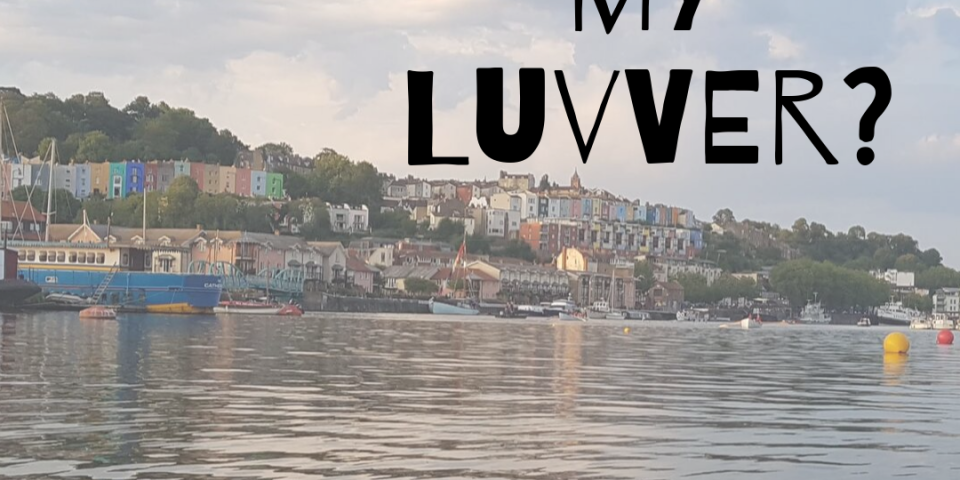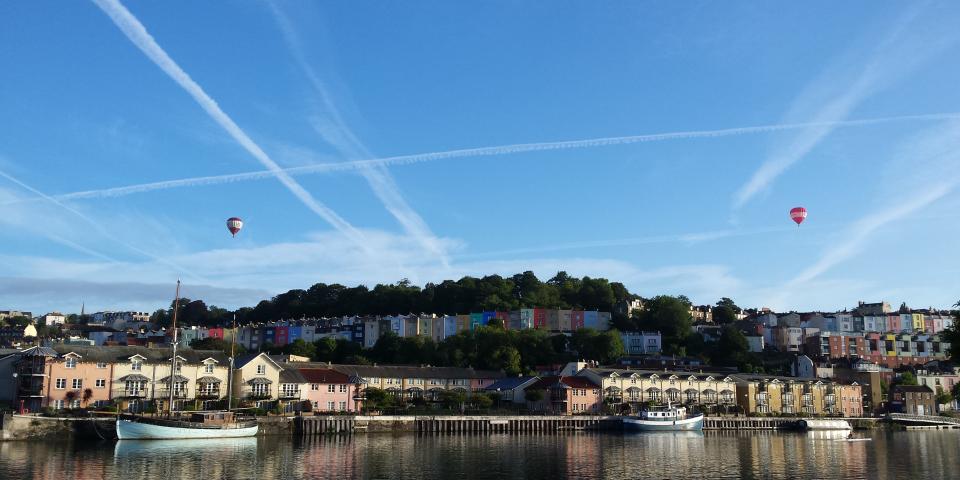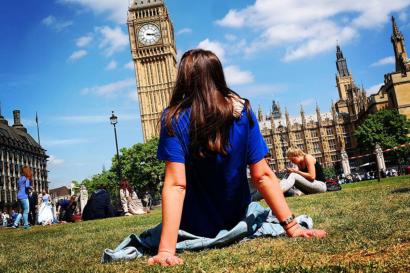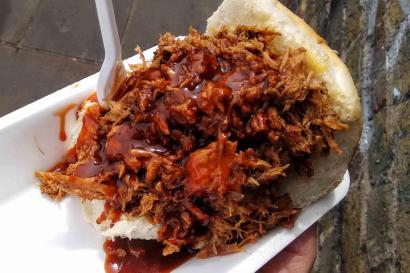The University of Bristol is one of the top ten universities in the UK. In the southwest of England near sandy beaches, it’s a two-hour train ride from London, Birmingham and some of the best other places Britain has to offer. Bristol is a vibrant student city with a rich history, and it’s a wonderfully welcoming place to spend a semester or two studying abroad making memories.
But English in the UK and in Bristol — or Brizzle, as the locals say — is very different than the language you learn in the classroom. Thankfully, we’re here to help.
My Luvver

Across the UK, Brits use terms of endearment for everyone, whether they’re close family or complete strangers.
In the Midlands, they use duck: “Is everything OK, duck?”
In the south, they use mate: “How’s it going, mate?”
And in Bristol, they use my luvver: “Alright, my luvver?”
It would sound strange if you tried to use it when you talk to a local, but now you know why everyone is talking about lovers in Bristol — it’s not because they’re all romantics.
Lush

In the dictionary, lush means “growing vigorously with luxuriant foliage.” It should make you think of deep forests with long, winding paths. But this is not what it means in Bristol.
In Bristol, lush means that something is really nice. It’s a bit like saying something is fantastic. You might have a lush dinner, a lush cup of tea, a lush evening out — and it will be something to tell your lush family about when you get back home.
Feel free to use lush when you’re talking with local students. Everyone uses it. A lot.
Interesting

Interesting is possibly one of the most useful words in the English language. Depending on how you say it, you can infer a completely different meaning. So, although the meaning doesn’t change, the attitude really does.
When someone says what you’re saying is “very interesting,” they might think what you’re saying is a little strange. Pay attention to body language when someone uses the word. If they seem engaged and like they’re enjoying the conversation, keep talking. If they look a little confused, help clarify what you meant.
Cuppa

Tea and coffee are everywhere, and the Brits love it as much as you do — they have a surprisingly deep emotional connection to it. But they don’t always call it tea or coffee.
In the UK, a cuppa is either a cup of tea or a cup of coffee; cuppa is short for “cup of.” Often, British people will say, “Do you want a cuppa?” Or, “Do you fancy a cuppa?” They are asking if you’d like a cup of tea or coffee. A good answer would be, “I’d love a tea, please.” Or, “A coffee would be great, thank you.”
You might hear phrases like “I could kill a cuppa,” or “I could murder a cuppa.” Don’t be alarmed! No one will get hurt. These are just expressions that show how much they love their tea and coffee. Brits genuinely believe a cuppa will solve everything. Hard day at uni? Have a cuppa. Spent all night on an essay? Have a cuppa. Lost your library card? Have a cuppa.
So if you’re in the student halls and someone seems sad, is missing home or having a hard day, offer them a cuppa. Biscuits (the rest of the world calls them cookies) are a good idea, too.
Sorry

True story: a British student’s bike brakes broke, she crashed into the back of a bus and hurt herself — though not badly, thankfully. The bus was not damaged, but the student proceeded to say sorry to the bus.
Brits have a habit of apologizing, whether it be for someone else bumping into them or not having the right change. Apparently, the average Brit says sorry eight times a day, and one-eighth of people will apologize up to 20 times a day.
After some time in Bristol, you might just also pick up the habit as well.














